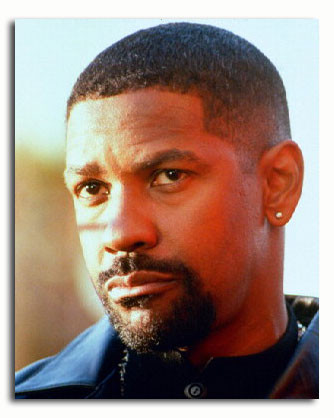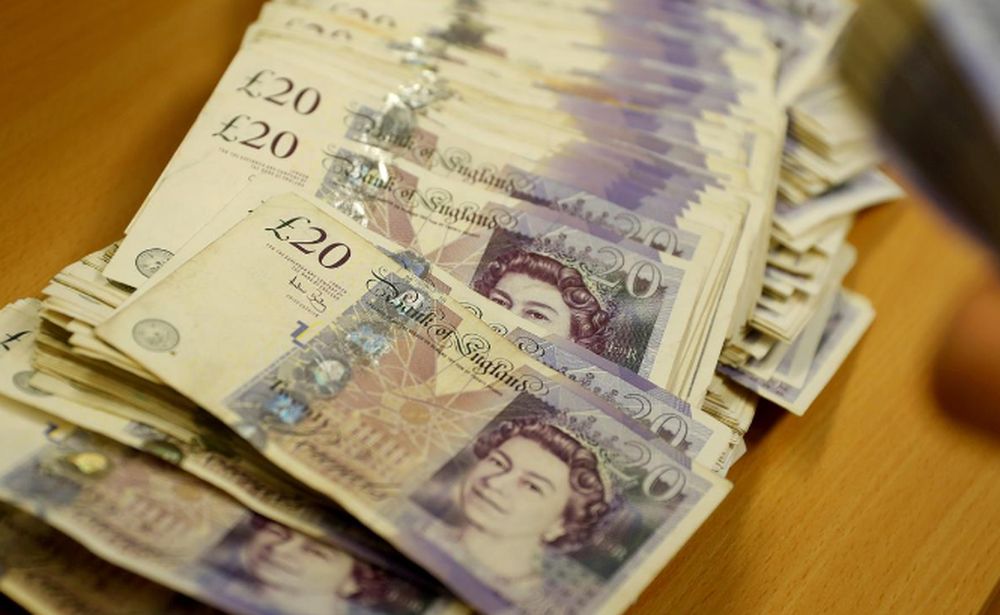British Currency
Quid is a slang expression for the British pound sterling, or the British pound (GBP), which is the currency of the United Kingdom (U.K.). A quid equals 100 pence, and is believed to come from the. Prior to decimalisation in 1971, there were 12 pence (written as 12d) in a shilling (written as 1s or 1/-) and 20 shillings in a pound, written as £1 (occasionally 'L' was used instead of the pound sign, £). There were therefore 240 pence in a pound. Prior to February 15th 1971 the British currency system was known as pounds, shillings and pence. In the system used at that time 12 pennies was equal to one shilling and 20 shillings was equal to one pound. The basic unit of British currency (currency of the United Kingdom and the Crown Dependencies) is the pound, which is divided into one hundred pence. The British Pound (ISO code: GBP), is the official currency of UK. The British Pound was first introduced in UK in 765. The symbol for the currency is '£', used as a prefix. According to the BIS, the British Pound is the 4th most heavily traded currency.
British currency: all about money in the UK
- Get the essential information on coins and currency in the UK.
- The UK currency is the pound sterling (£/GBP).
- There are 100 pennies, or pence, to the pound.
Currency exchange in London
It's worth shopping around to get the best deal – compare the exchange rates on offer and don't forget to ask about commission. A good tip is to ask how many pounds you will receive in total after all charges have been deducted.
Credit cards and contactless payments
Credit and debit (bank) cards – especially Visa and Mastercard – are widely accepted in London's restaurants, bars, cafes and shops. American Express and Diners Club cards are becoming more commonly accepted, although it is still advised to carry an alternative payment method with you.
Contactless cards are widely used in the UK and many businesses accept them as payment, up to a limit of £45 per transaction. Travellers can use a contactless card instead of an Oyster card when using public transport in London.
All contactless American Express cards, from any country, can be used for travel within London, however some non-UK Visa and Mastercards are not accepted, so you may need to check with your card issuer. Google Pay and Apple Pay on phones are also accepted.

Contactless payments may still incur an overseas transaction fee and these vary by card and by bank, so it is a good idea to check with your card issuer before tapping your contactless card.
Current British Currency
Cash machines
There are plenty of cash machines (also known as cashpoints or ATMs) dotted around London. Most accept international cards with the Visa, Plus, Mastercard, Cirrus or Maestro symbols. Some other systems are also recognised, but it's a good idea to check with your bank or card company before you travel.
If you have a non-UK account, you will almost certainly have to pay a charge when you withdraw cash. Again, contact your bank before travelling to find out details.

British Currency Conversion To Us Dollars
You might see cash machines in some corner shops and small supermarkets. Check before using them as they are likely to charge a fee for every transaction. Many cash machines also provide the facility to top up your mobile phone credit.
Bank of England Museum
British Currency - Image Results
Discover the history of British money at the Bank of England Museum. Explore exhibitions that trace back to the bank's foundation in 1694, featuring old coins, banknotes and unexpected items such as muskets used to defend the bank. You can even handle a genuine gold bar.
Money talks: speak like a Londoner
British Currency To Usd
British Currency Conversion
:max_bytes(150000):strip_icc()/great-britain-pound-currency-932165454-5ac7a61deb97de00375bd4e2.jpg)